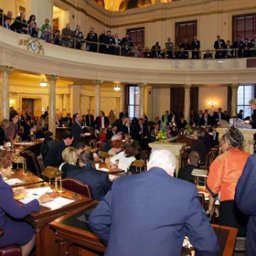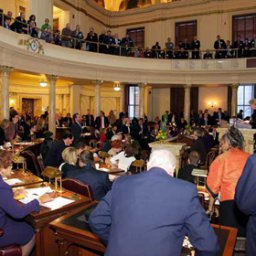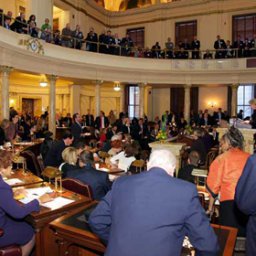
Would Provide Much Needed Funds to Expand Small Business’ Employment
TRENTON – Legislation Senators Jim Whelan and Paul A. Sarlo sponsored to create a Small Business Loan Program to provide low interest loans to small businesses that commit to increase their workforce was today passed by the Assembly and sent to the governor’s desk.
“By providing low interest loans to New Jersey’s small businesses, we have real potential to create new jobs and stimulate the growth of small businesses and the economy throughout the State,” Whelan (D-Atlantic) said. “Small businesses have been hit hard during these tough economic times and are finding it difficult to obtain financing to expand their workforces. This program will provide these businesses, who want to help employ New Jerseyans, an option for financing.”
The bill (S-3052) would direct the New Jersey Economic Development Authority (EDA) to establish the Small Business Loan Program and provide two percent or lower interest loans of up to $250,000 to New Jersey small businesses which commit to increase employment levels by at least 10 percent within the next four years. The loans could be used for capital purchases, employee training and salaries for new positions.
“With unemployment still over 9 percent, we would not only help small businesses looking to expand, but would also create new jobs and opportunities for many of New Jersey’s unemployed,” said Sarlo (D-Bergen, Essex and Passaic). “By increasing their workforces by 10 percent, these small businesses are helping to revitalize our economy and put New Jerseyans back to work.”
In order to be eligible, the small business must:
• Be independently owned and operated;
• Be for-profit with a place of business located in the State;
• Be primarily operated within the State;
• Not be dominant in its field;
• Employ less than 100 full-time employees
• Have not raised $10 million or more in equity financing; and
• Have not received $10 million or more in financing from any source.
The loan program would be self-sufficient and based upon loan repayments, and not require the state to incur any cost.
The bill previously passed the Senate 39-0.




